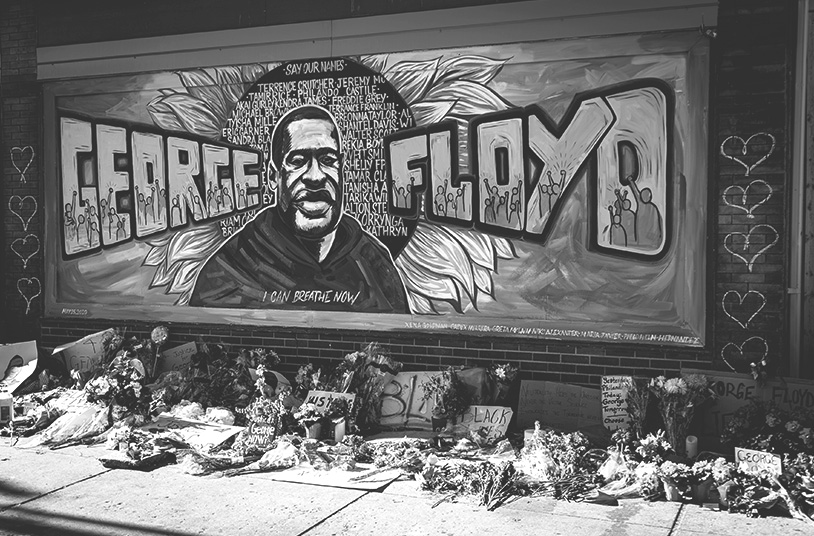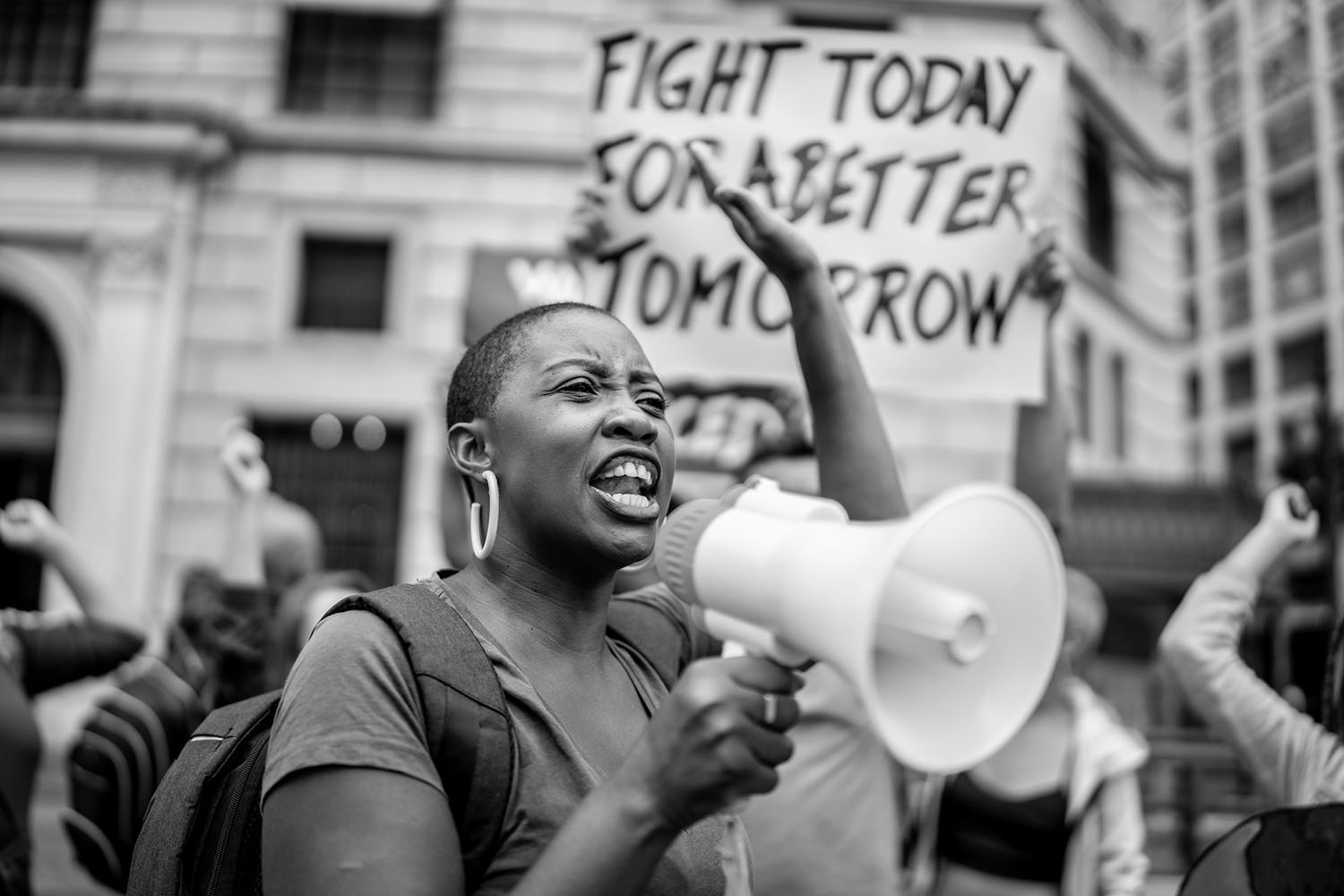How did civil unrest increase during the COVID-19 pandemic?
On May 25, 2020, George Floyd, an African-American man, was murdered by a police officer outside of Cup Foods in Minneapolis—an event that became the catalyst for massive, worldwide protests about civil rights and law enforcement.

The civil unrest that took place in 2020 had no clear end in sight, as it challenged the existing structures of public health and racial injustice within the United States. For many organizations, behavioral health care and employee mental health in the workplace suddenly went from being a “nice-to-have” service to an imperative part of keeping businesses and their co-workers afloat amidst the collective trauma.
How workplaces supported employees during the crisis
R3 received an almost overwhelming number of requests to assist workplaces impacted by the social movements, widespread civil unrest, and political violence. Organizations across the nation were helped through a variety of behavioral health support services provided by highly-specialized professionals.
What happened when civil unrest affected the work environment?
Thanks to the prevalence of social media and the isolation of the COVID-19 pandemic, an immediate escalation and polarization happened in the court of public opinion. Protestors, especially young people, took to the streets from New York to Los Angeles in the wake of these traumatic events.
Some of the protests became riots, causing injuries and property damage. Workplaces in locations with high amounts of disruption occurring outside their office locations called in R3’s support so that their employees could continue working safely and securely.
Beyond physical safety and security, many organizations were experiencing a rising cultural divide and conflict over the last year, causing high levels of tension and emotional charge between workers over political affiliations and other concerns.
Due to the need for mediated, safe, problem-solving discussions within their work environments, organizations also called on R3 to offer the Facilitated Discussions service to their employees. These businesses needed to bring in outside health professionals to create a safe and structured space for difficult and important conversations to happen respectfully and professionally.
How businesses recovered from civil unrest
As a result of R3’s disruption response support and Facilitated Discussions service, workplace leaders were able to support their people through incredibly challenging and turbulent times. With the guidance of an R3 professional who provided a facilitated discussion, the employees felt like their concerns and voices were heard and that their well-being mattered. They received guidance and were able to find a way forward.
R3’s support also ensured that organizations could keep their people safe coming into work daily amidst the chaos of the outside world.
If there’s one constant in this world, it’s change. Help your people navigate challenging times of disruption and cultural divide by creating the safe and supportive work environments they need through specialized behavioral and mental health in the workplace. Have a plan in place, recognize risk factors and warning signs, mitigate disruption, and get back to work.
Talk to us today to learn more about R3’s tailored support solutions.

